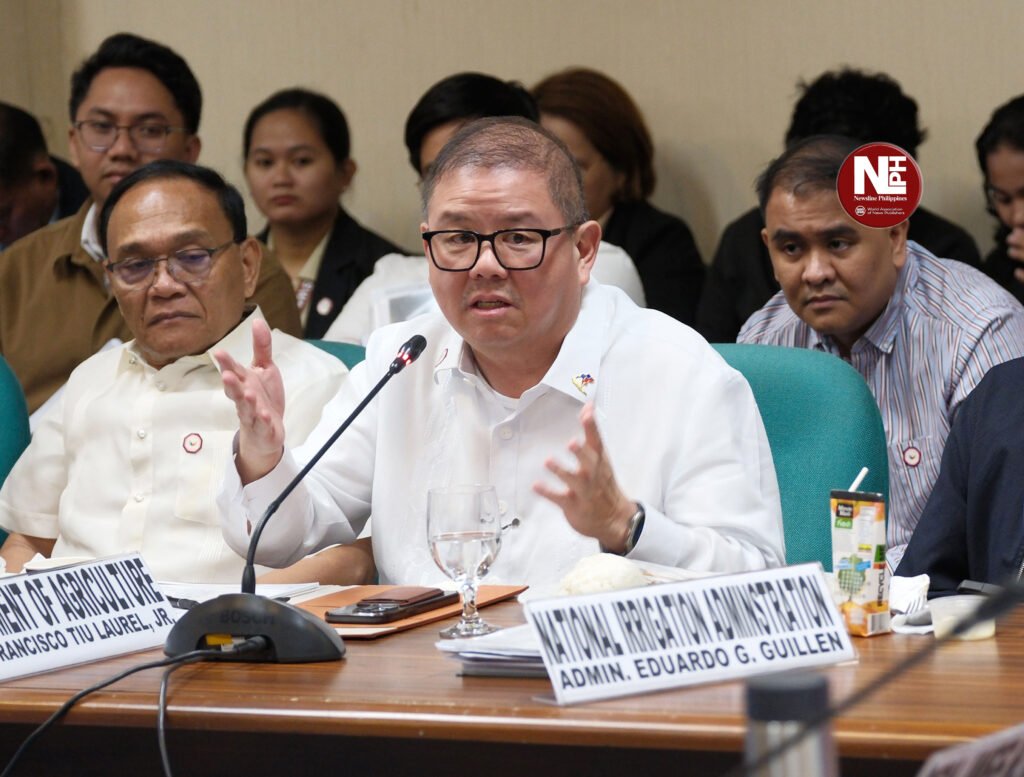
MANILA (September 8) — According to the Department of Agriculture (DA), the nation is now lacking vital infrastructure that enables food producers to transport goods effectively, minimize possible waste, and increase revenue because of the over P300 billion backlog in farm-to-market roads (FMR).
The government is prioritizing other important agricultural development programs, therefore despite the backlog, the DA’s projected FMR budget for next year will be reduced due to constrained fiscal spending.
As of the end of August, DA reportedly had already received a total FMR budget request of about P286.54 billion. The sum relates to verified potential FMRs in the nation, however they are yet unfunded.
With an average cost of around P14 million per kilometer, the estimated sum is enough to build 20,483.95 kilometers of FMR nationwide.
With about P65.5 billion for 7,044.2 kilometers, Region 11 has the most unfunded FMR projects, followed by Region 2 with P36.51 billion for 2,707.7 kilometers.
There are around 36,000 kilometers of FMR backlog nationally, according to Agriculture Secretary Francisco Tiu Laurel Jr.
The DA has a record-breaking P23.24 billion budget this year to build about 1,541 kilometers of FMR. The sum was about a fifth more than the P19.6 billion allotted the previous year.
The DA’s projected FMR budget for next year, which is estimated at P16 billion under the 2026 National Expenditure Program (NEP), will now be reduced by at least 30%.
The proposed budget is 31% less than the final amount under this year’s General Appropriations Act and 30% less than the P23.18 billion in the 2025 NEP.
“To guarantee that the budget of all departments for 2026 will be accommodated, the (Department of Budget and Management) requested to reduce the budget for FMR,” Tiu Laurel stated.
In order to expedite the reduction of the infrastructure backlog, the DA also suggested P28 billion in financing for its FMR next year, according to Agriculture Assistant Secretary and Spokesman Arnel de Mesa.
The restricted financial space was the only issue. While the budget for some products, like rice, grew, the financing for others, like FMR, decreased. De Mesa stated that it’s a give-and-take situation.
The DA has proposed a budget of P176.7 billion for the upcoming year, which is more than the P155.6 billion budget for this year.
The increased P30 billion guaranteed cash under the Rice Competitiveness Enhancement Fund (RCEF) also contributed to the FMR budget cut.
According to the law, in order to guarantee the yearly appropriation for RCEF, the government must take the shortfall in rice tariff collections—should it be less than P30 billion—from the DA budget.
Experts and industry players have already noted that this might further strain the government’s budget, with other DA programs suffering in order to preserve funds for RCEF, particularly given that current rice tariff collections fell after tariffs were lowered last year.
In order to protect its annual appropriation and guarantee that the backlog will be substantially reduced, the DA is now recommending that the financing for FMR be legislated.
The DA is first considering an annual mandated funding of P20 billion to P25 billion, according to Tiu Laurel.
According to the government’s national FMR network plan 2023-2028, the 36,000-kilometer FMR backlog will be cleared in about 27 years at a minimum budget of P20 billion annually, assuming an average cost of P15 million per kilometer.”The foundation of food security is the path connecting farms to markets. They lower consumer costs, increase producer profits, and spur economic growth in rural areas,” according to Tiu Laurel.
“We cannot abandon our fishermen and farmers at the farm gate. He continued. This legislation strengthens the foundation for national development, equity, and food security in addition to laying physical roads.”

